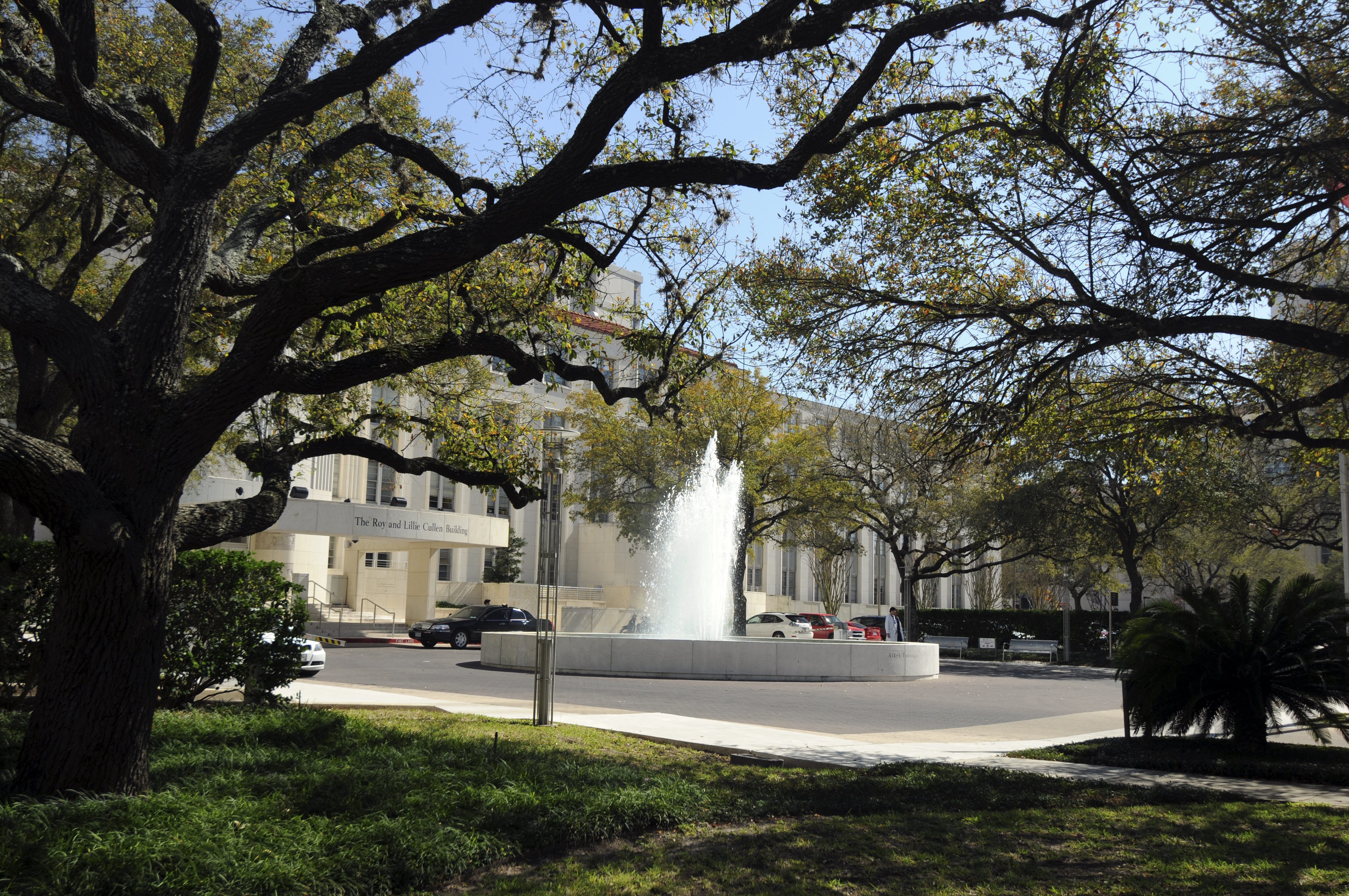1100 casual staff members at Western Sydney University (WSU) have received a personalised letter informing each of them that none are eligible for conversion to permanent work, proving recent changes to the Fair Work Act are designed to protect employers against the need to convert long-term casuals to ongoing employment.
Changes to the Fair Work Act earlier this year required employers to audit their casual workforces with the deadline of this week and determine whether any casual staff are required to be converted to ongoing work on the basis of being employed on a regular pattern of work over a long period of time.
Dr Damien Cahill, NTEU NSW Secretary said, ‘These new laws impose a purely token requirement on employers in the higher education sector. Few if any casual staff can or will ever meet the necessary criteria.’
‘”Casual” employment in higher education nearly always involved contracts of a duration less than 20 weeks, and these contracts almost always involve breaks over the course of a calendar year, yet the work is clearly ongoing, year after year’, he continued.
‘This confirms our view that the entire process has been a waste of time, and has simply provided employers with an excuse to avoid serious and genuine efforts to address the growing casualisation of their workforces’, Dr Cahill said.
Dr David Burchell, President of the NTEU WSU Branch of the said, ‘The gross overuse of insecure employment can be addressed.
‘But it requires the active participation and support of staff through our enterprise agreements. It’s why the NTEU has placed insecure employment as the head of our log of claims in this round of enterprise bargaining. We are determined that this is the right historic moment to address this historic ill on a major scale’, Dr Burchell continued.
‘To his credit, the Western Sydney Uni Vice Chancellor has spoken publicly about his desire to head down the same path of reducing casual employment, and has spoken directly to us about the need to find an agreed means of doing so. However, after four solid months of enterprise bargaining we are no closer to agreement on addressing insecure employment than when we began. This is deeply disappointing. We cannot afford as a university community to squander this historic opportunity’, said Dr Burchell.







